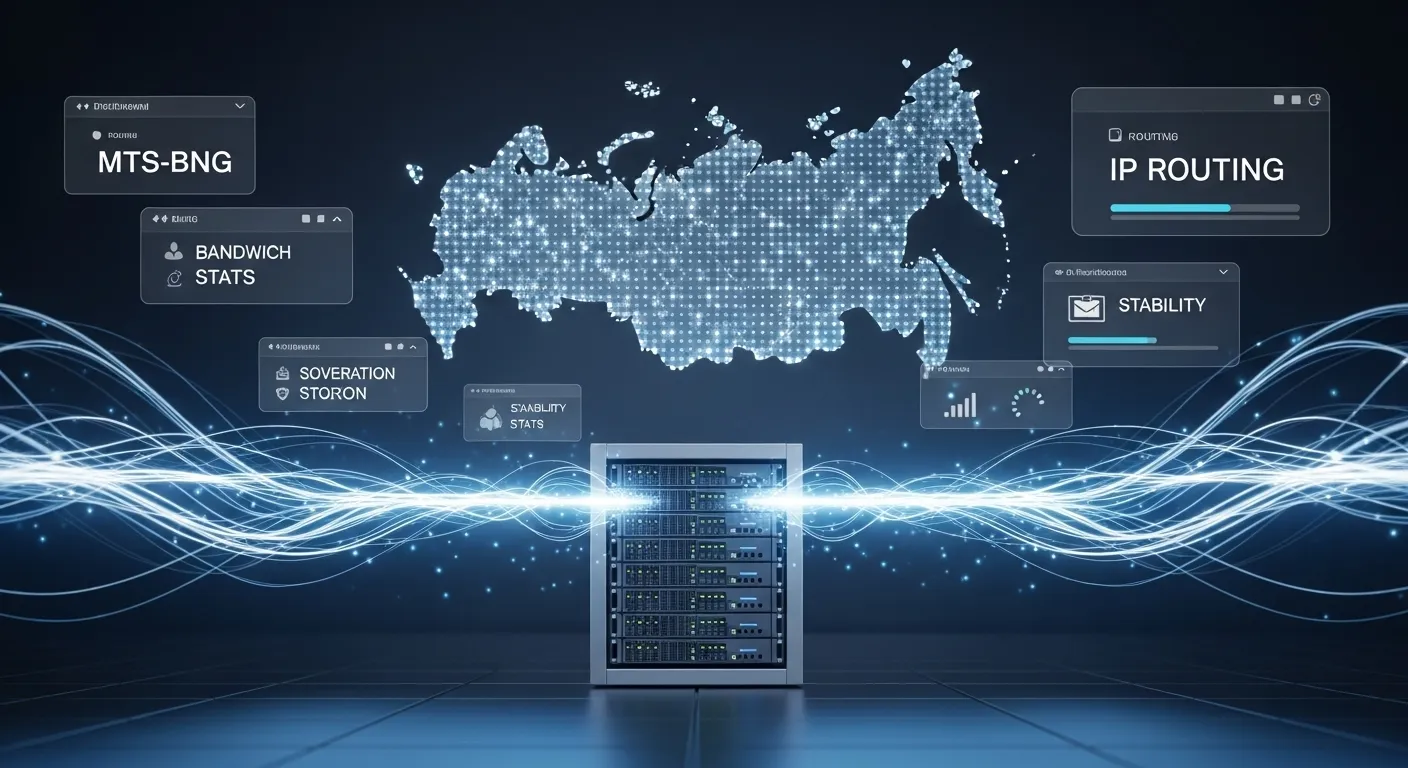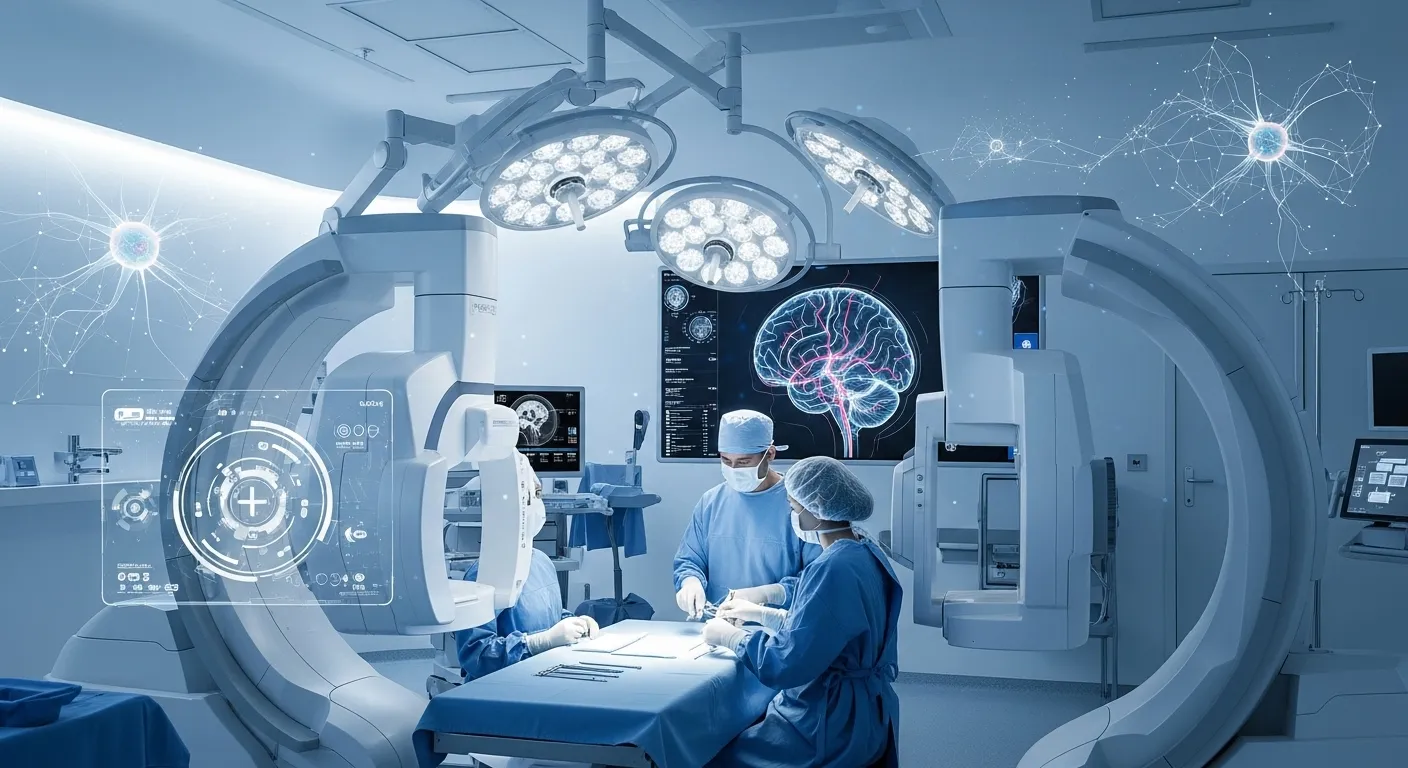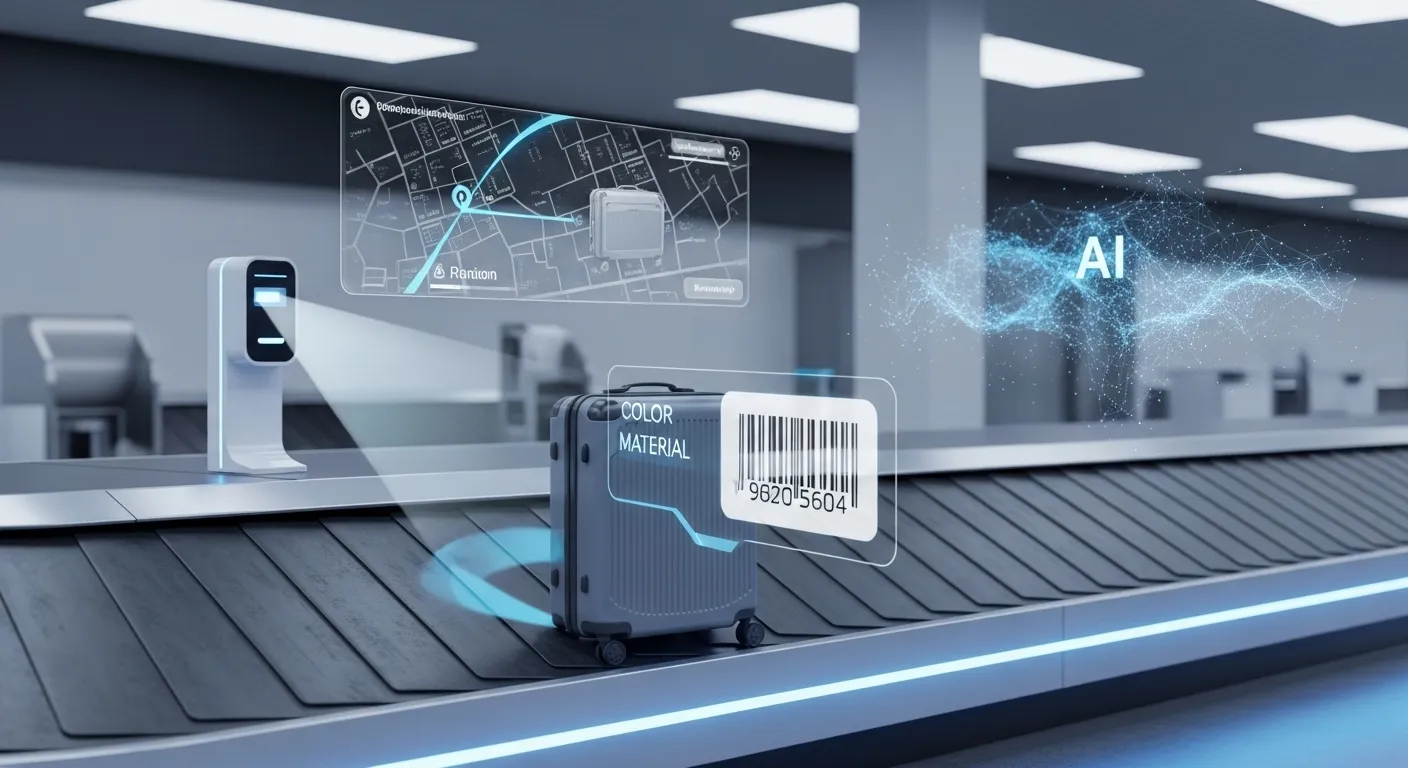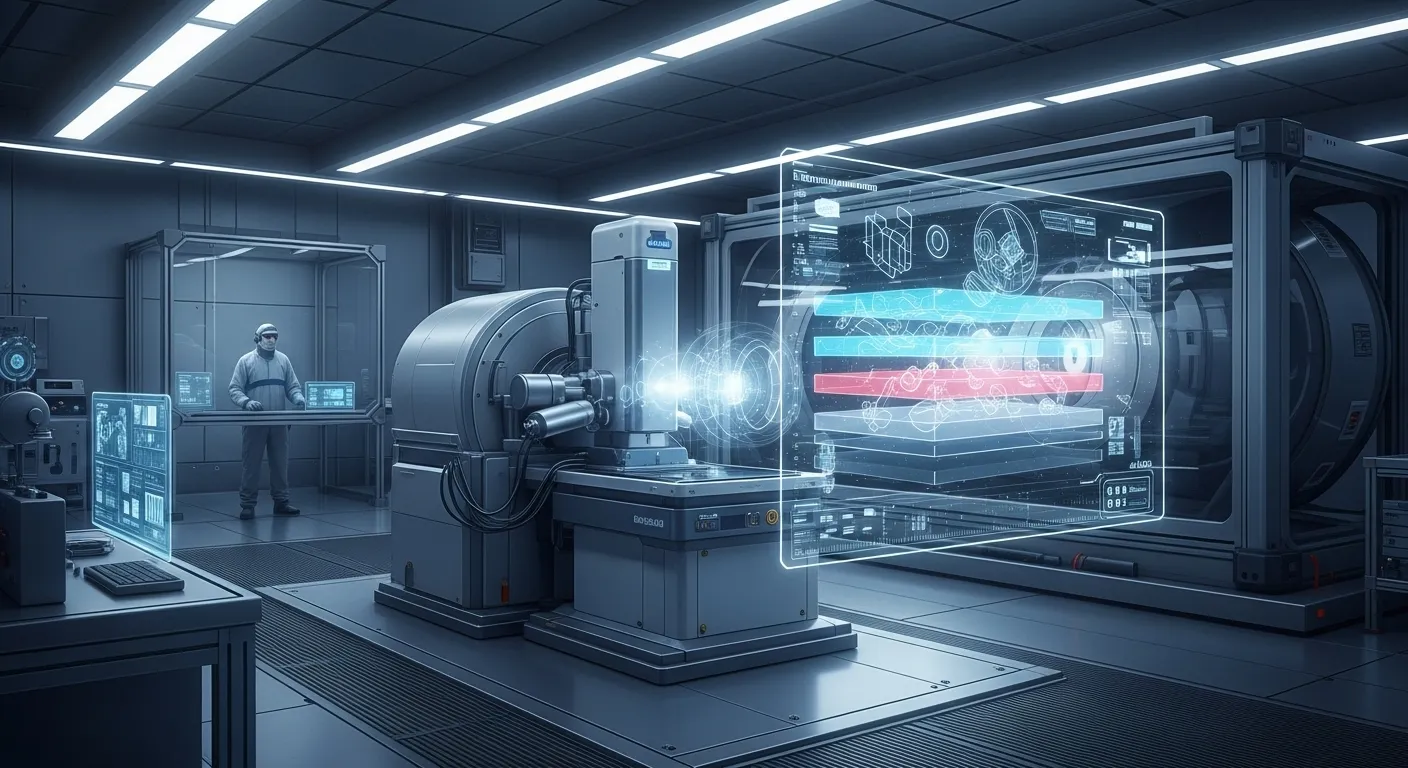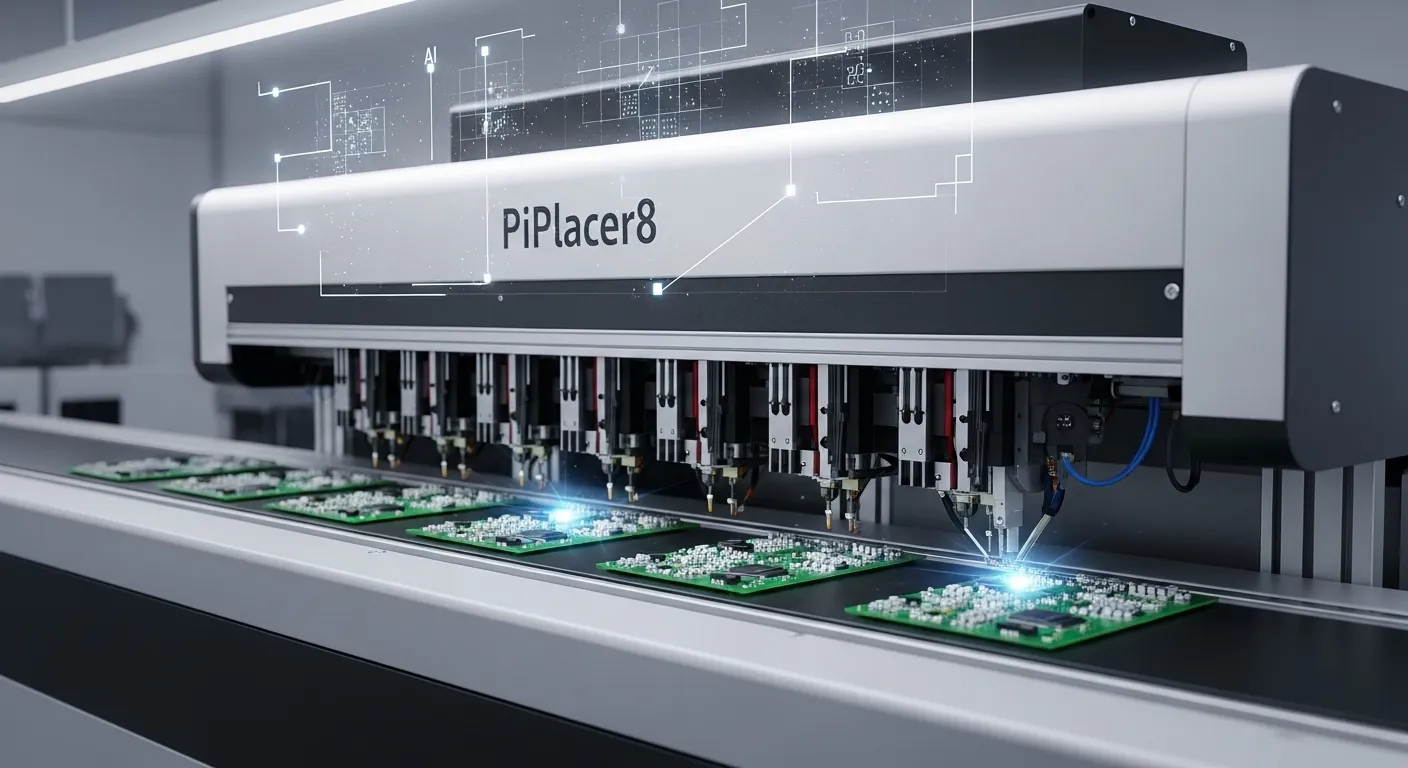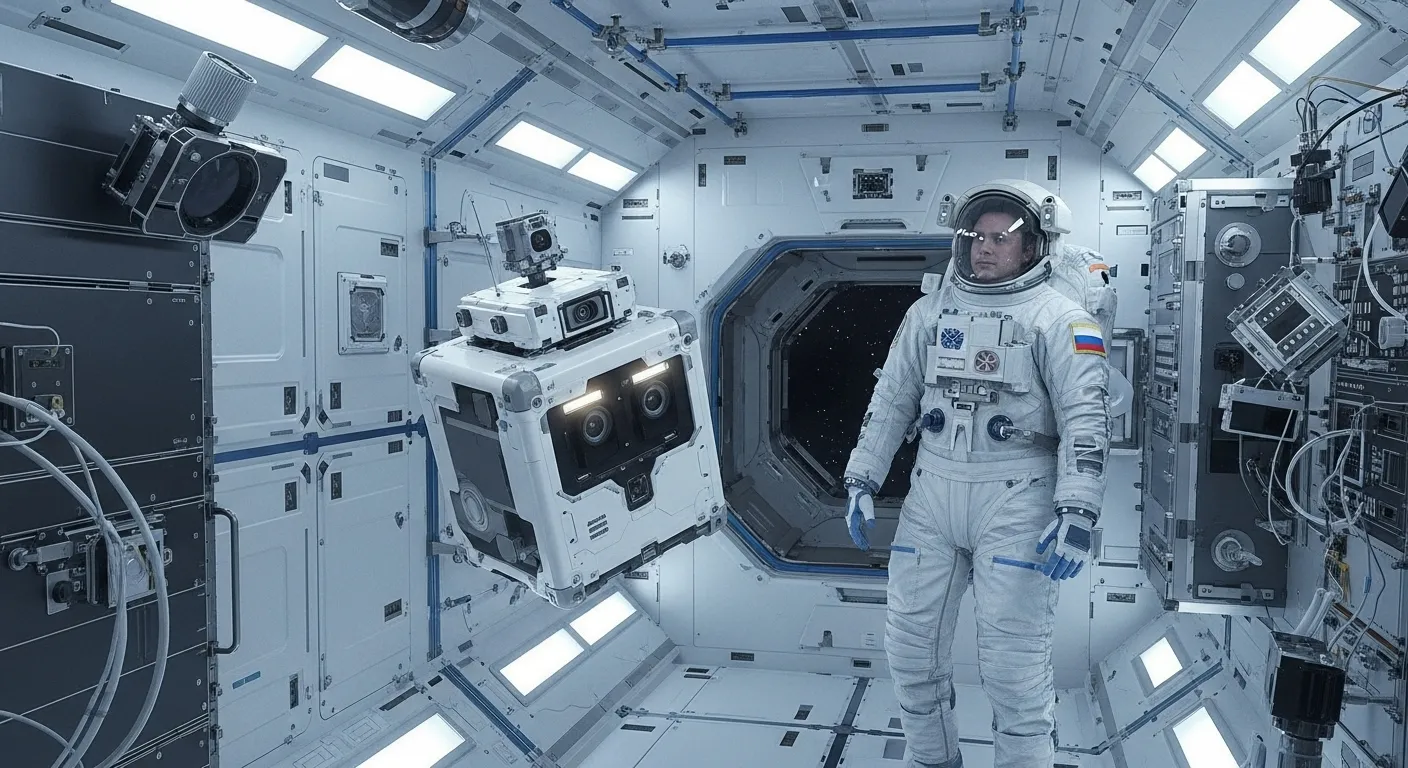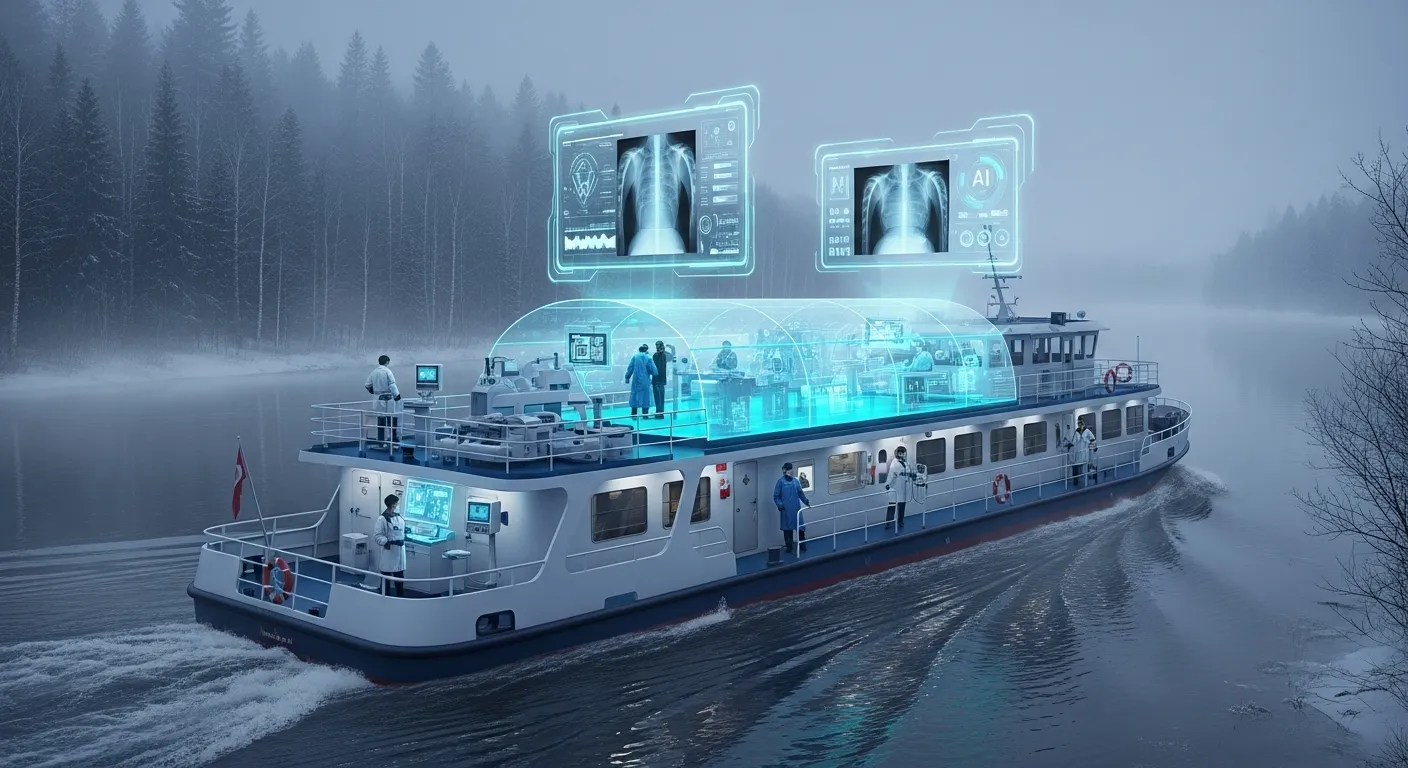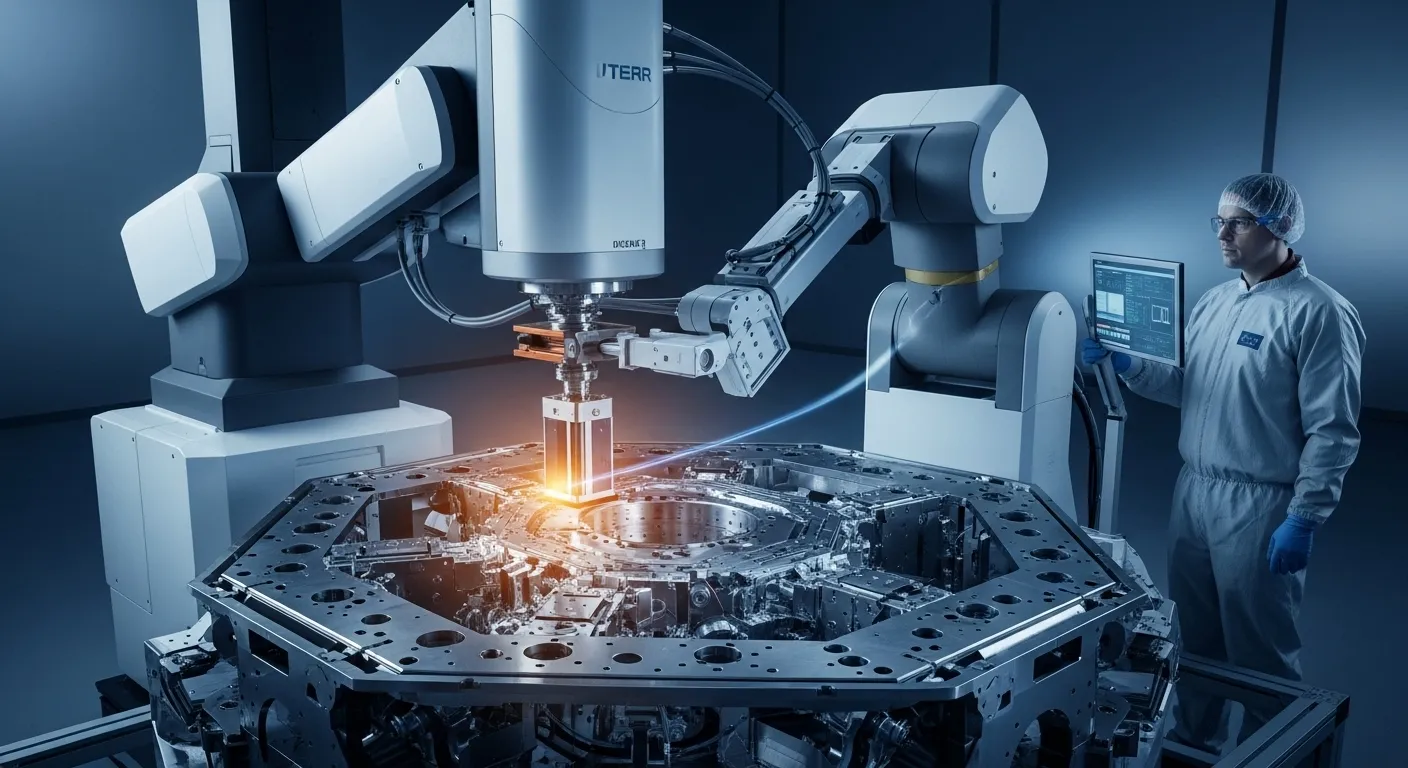Russia Launches AI-Powered Pathology Scanner to Accelerate Cancer Diagnostics
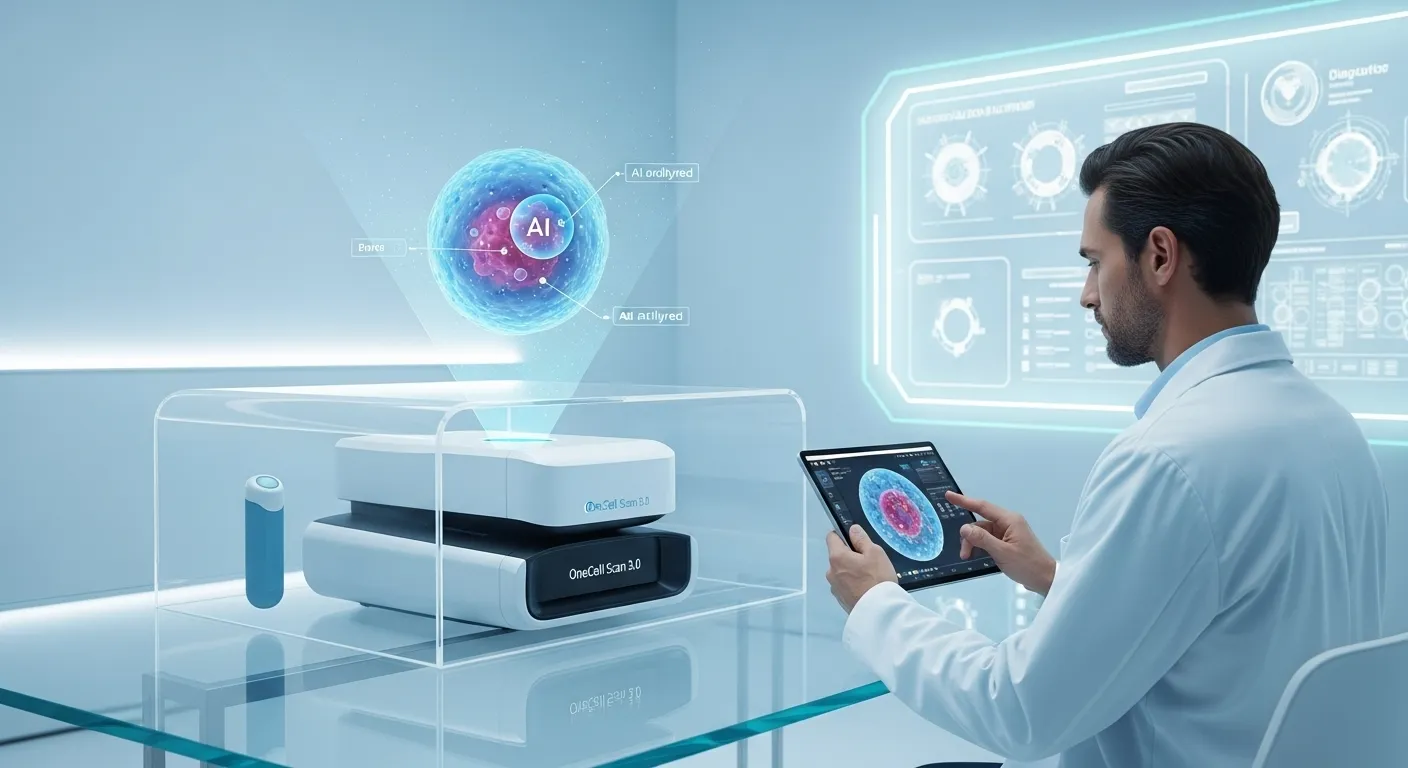
In 2025, Russia unveiled a breakthrough in medical imaging technology with the launch of OneCell Scan 3.0, the country’s first domestically produced AI-based pathology scanner. Developed by Vancell with support from Rostec’s Azimut, the device is designed to transform cancer diagnostics and bolster Russia’s medtech independence.
Inside the OneCell Scan 3.0 System
OneCell Scan 3.0 is more than just a medical device—it’s a sovereign digital platform that redefines how pathology labs process and interpret biopsy samples. Using high-resolution optics and AI, the system digitizes up to 288 glass slides simultaneously, achieving up to 63x magnification.
Beyond imaging, the scanner identifies pathological tissue structures, quantifies malignant cells, and classifies results in real time. The data is sorted and stored in databases fully compatible with Russia’s national health IT infrastructure.
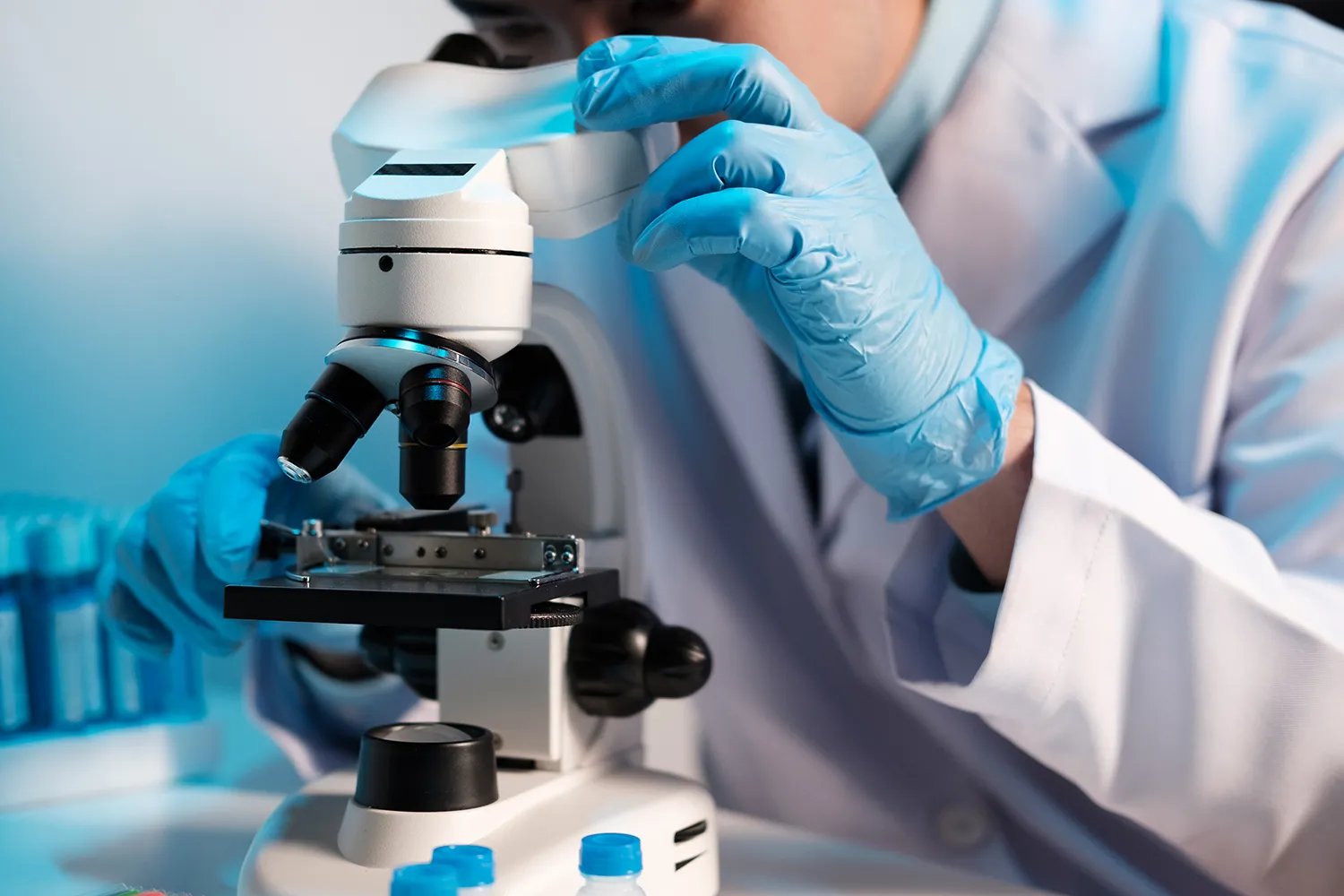
Processing time per slide is just two to three minutes. Pathologists receive results with AI-generated pre-analysis, which is especially valuable in the face of a nationwide shortage of pathology experts. By reducing manual workload, the device enables faster cancer diagnoses and supports large-scale clinical workflows.
Cloud Collaboration and Diagnostic Consensus
OneCell Scan 3.0 is integrated with the OneCell platform—an established cloud-based ecosystem that has supported over 1.5 million diagnoses. It connects pathology labs across regions, allowing physicians to collaborate on clinical cases, conduct teleconsultations, use semantic search tools, and access continuous training modules.
More than 20% of pathologists in Russia already rely on the system in daily practice. Compared to Chinese models, OneCell Scan 3.0 offers higher accuracy and faster performance. It also rivals German and Japanese systems while remaining 10–15% less expensive.
Importantly, the scanner is fully autonomous, seamlessly integrates with government e-health platforms, and receives frequent updates. It represents not just a replacement for imported equipment but a step forward in performance and usability. Over 200 units are planned for deployment across Russia’s oncology centers by 2027.

From Prototypes to National Infrastructure
While early digital pathology solutions were imported into Russia around 2019–2020, there was no comprehensive domestic platform until OneCell’s pilot deployments began in 2021. OneCell Scan 3.0 builds on that momentum and joins a broader medtech innovation wave—Kalashnikov’s portable ultrasound (2024), Shvabe’s digital colposcope and defibrillator (2025), and NtechLab’s AI for brain tumor detection.
The roadmap for OneCell includes new features such as digital tumor boards, smart clinical suggestions, and educational simulators for training physicians. The platform is already integrated with national electronic health records and Ministry of Health systems, helping to advance digital pathology standards in Russia.

Global Outlook and Competitive Edge
OneCell Scan 3.0 is positioned not just as a domestic innovation but as an export-ready competitor to global brands like Leica and Hamamatsu. Target markets include the CIS, Southeast Asia, Middle East, and Africa.
Thanks to full control over manufacturing, freedom from foreign components, and localization-ready design, Russia aims to offer a highly competitive package—high quality, affordable pricing, and ease of adaptation to local clinical standards. The system could help countries strengthen diagnostic capabilities in oncology without relying on expensive Western equipment.



